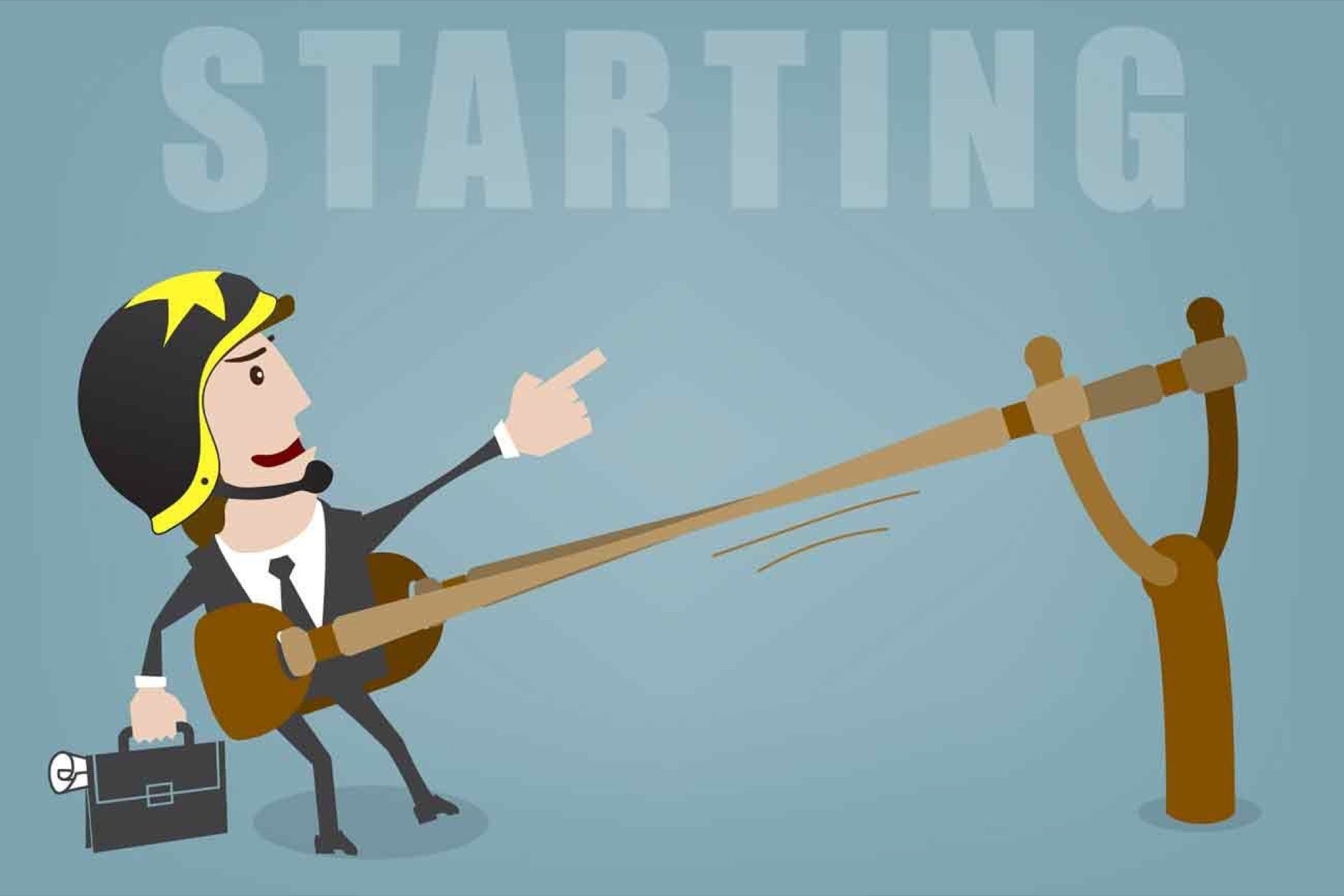Lessons on Marketing For an Early-stage Start-up Rather than banking on a big-bang, have a series of mini-experiments and a long list of ideas framed in weekly sessions
By Rohit Mathur
Opinions expressed by Entrepreneur contributors are their own.
You're reading Entrepreneur India, an international franchise of Entrepreneur Media.

From my personal corporate work experience, I've noticed that of the 10 entrepreneurs that I interact with, almost eight say marketing is their least favoured activity.
This is hardly surprising since most start-up founders are primarily driven by the prospect of building an awesome product or solving a difficult problem, versus devoting time in designing captivating marketing campaigns or writing engaging content.
However, a brilliant product or a great service has very little significance, if people beyond immediate networks of founders don't know about it.
In addition, a big and common struggle for early-stage entrepreneurs is that with limited resources, they also become active contenders to grab a share of voice in marketing channels, which anyhow see participation by large multinationals and established start-ups, who have multi-million dollar budgets at their end.
This coupled with the democratization of advertising through social media has made the marketing channels even more crowded, thereby making life tougher for founders and their fellow marketers. My journey of starting my venture and the experience of seeing it grow has taught me some valuable lessons which I believe might make lives of fellow entrepreneurs easier.
Back to Basics: With terms such as "social media marketing', "content marketing' and "Facebook marketing' floating around, new-age marketers easily confuse marketing strategies, marketing channels, and marketing content. While strategy and content are central to user engagement, channels such as Facebook, Twitter and Google are merely ways to connect with your audience. Always think marketing strategies over channels.
Know Your User: Central to formulating a marketing strategy that works and content that resonates is a deep understanding of your user. Start by forming target groups and user personas to define your end users. To understand their behaviour, follow their lifecycle on channels. Understand where they are likely to work, what they are likely to read, where they are likely to live, and that may throw up innovative ways of communicating with them.
Don't Put All Your Eggs in the Same Basket: Viral campaigns are a thing of the past. In today's scenario, user attention spans lesser than a goldfish (It's true!) and there's an overcrowding of channels, that makes it next to impossible to have one campaign that would help you attain your metrics for a sustainable period. Rather than banking on a big-bang, a winning strategy is to have a series of mini-experiments and a long list of ideas generated through weekly or fortnightly marketing brainstorming sessions.
Relentless Focus on Data, Tracking and A/B testing - I can't stress this enough. Every mini experiment you do should have target quantitative metrics — whether it's reach, website traffic, user registration, social media engagement, or marketing qualified leads. These should be tracked and documented as inputs for the next set of experiments. The more you experiment, the better you will become at predicting behaviour of your target groups and eventually at designing better campaigns.
Perfection Isn't Worth It - This is a contentious one. However, from my experience, I've come to believe that speed of delivery trumps incremental perfection efforts. As per Pareto's principle, the last 20% of work takes proportionately higher efforts and time as against the first 80% completion. Focus on communicating the right message and ensuring correct targeting as a non-negotiable goal in the first leg - the creative, landing page or form can always be perfected incrementally as more data is gathered. Given that majority of the campaigns don't meet desired objectives; lost time is a lost opportunity to learn.
Investing in Original Content is Key - As a team, we spend maximum time on this aspect as this is the way all gathered learning takes shape into content that allows us to engage with our target groups. A few strategies that can be used include writing articles that might help your target audience, using original and unpublished data to gather insights which could be done through primary research (polls, surveys etc.), data generated via day-to-day operations or through partnerships. Even without professional PR help or personal contacts in the media industry, self-publishing platforms such as Medium, LinkedIn and Twitter can provide a great ROI and followership.
In conclusion, there is no silver bullet when it comes to marketing in today's digital world. However, a combination of organized experimentation, innovation, and focus on basics can give you an edge and might be the decisive factor behind the success or failure of your start-up.










